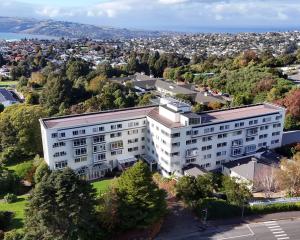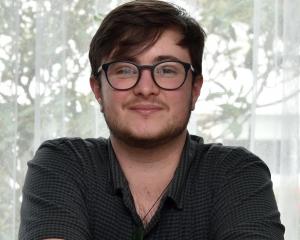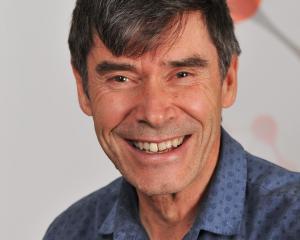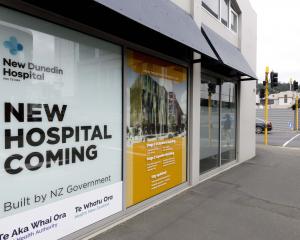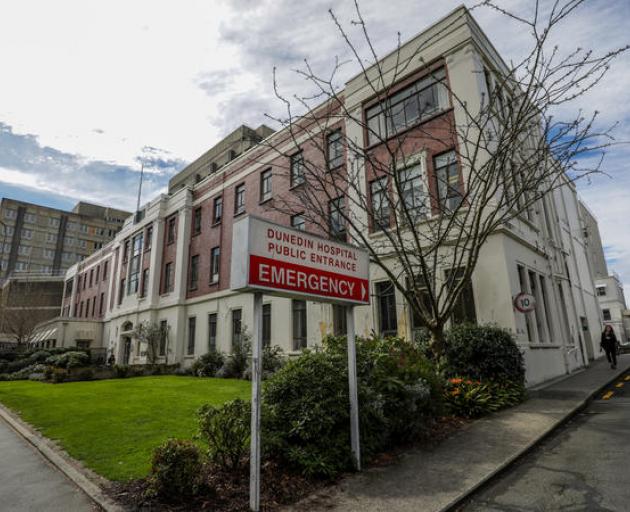

There should be at least 7.7 fulltime-equivalent radiation oncologists serving the southern region, rather than 3.8.
Dr Kelly said two of four senior medical officers were nearing retirement and the other two were looking to leave.
"It’s pretty grim. It really is a crisis."
A stretched southern service has had to send patients north, but this has placed stress on other centres, such as Christchurch.
Te Whatu Ora Health New Zealand (HNZ) acknowledged staff vacancies and service waiting times were distressing for patients, their whanau and for staff.
"We know that care close to home is best for our patients and we are committed to fully staffing our radiation oncologist team to achieve this," HNZ hospital and specialist services regional director Dan Pallister-Coward said.
RNZ reported yesterday Dunedin Hospital in recent weeks had to stop key services for patients with brain tumours, gynaecological cancers and benign tumours.
Dr Kelly, a former Southern District Health Board member, said there had been a failure of recruitment and Australia was offering much more pay — sometimes double.
She had strong doubts about Dunedin’s ongoing ability to train and supervise registrars.
A 2021 report by the consultants EY said the Southern district needed 7.7 radiation oncologists.
This would allow it to catch up to the second most understaffed service, Mid Central.
The crisis in southern services forced HNZ to set up a national cancer working group, RNZ reported.
HNZ produced a lengthy statement that highlighted various measures that were being pursued, including investment in trainees, locums and recruitment efforts.
Cancer Society Otago and Southland chief executive Dr Rachael Hart described the situation as heartbreaking.
The society had raised concerns about treatment delays for years.
"We haven’t really seen movement to resolve the problem," she said.
Travel could be stressful for patients and their families.
"The amount of distress this is causing has been horrific."
She was worried about the southern service potentially reaching a tipping point.
Cancer care advocate Melissa Vining said neglect of Otago and Southland had been catastrophic.
People were suffering needlessly and problems ran deeper than the radiology service.
Minister of Health Dr Ayesha Verrall said she was getting updates from officials about the radiation oncology service in Dunedin and had received assurances the situation was being actively managed.
A national radiation oncology forum had been set up to tackle the problem in the South and to work towards a national clinical network aiming to build a sustainable oncology service.
Te Aho o Te Kahu, the Cancer Control Agency, had been aware of shortages of radiation oncologists, acting chief executive Nicola Hill said.
Southern patients were waiting longer for their first specialist assessment.
"This is of concern and largely impacts brain and gynaecological cancers," Ms Hill said.
"The shortage of radiation oncologists is an issue both globally and nationally.
"While other centres have had success in recruiting radiation oncologists, Dunedin has struggled for several years.
"More work is needed to understand why this is."
Mr Pallister-Coward said HNZ was recruiting for up to three radiation oncologists for the South.
Contingencies included three part-time locums providing supervision and telehealth support.
Staff had been working longer hours.
Nationally, five additional registrars had been approved to support future workforce development, he said.
"This will help improve radiation specialist numbers in the longer term."
Are you affected?
Send us an email at reporters@odt.co.nz


